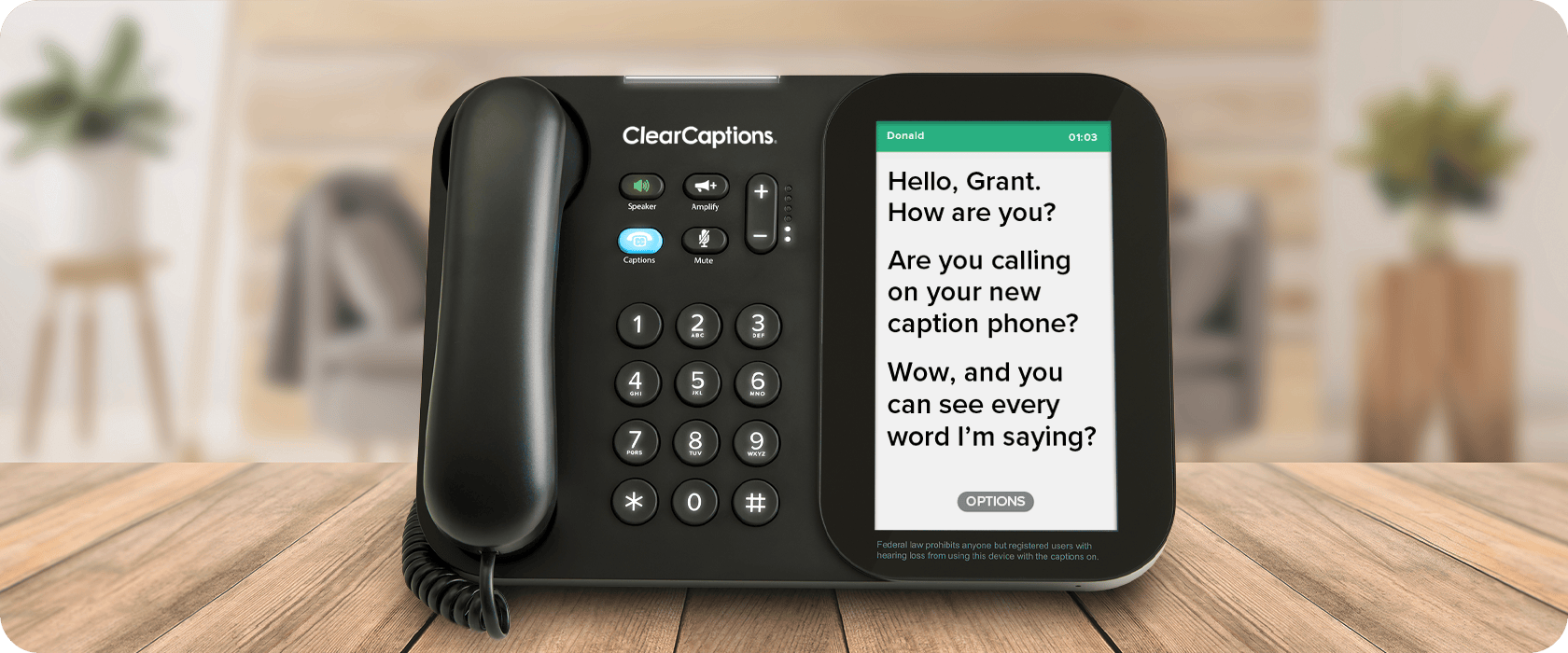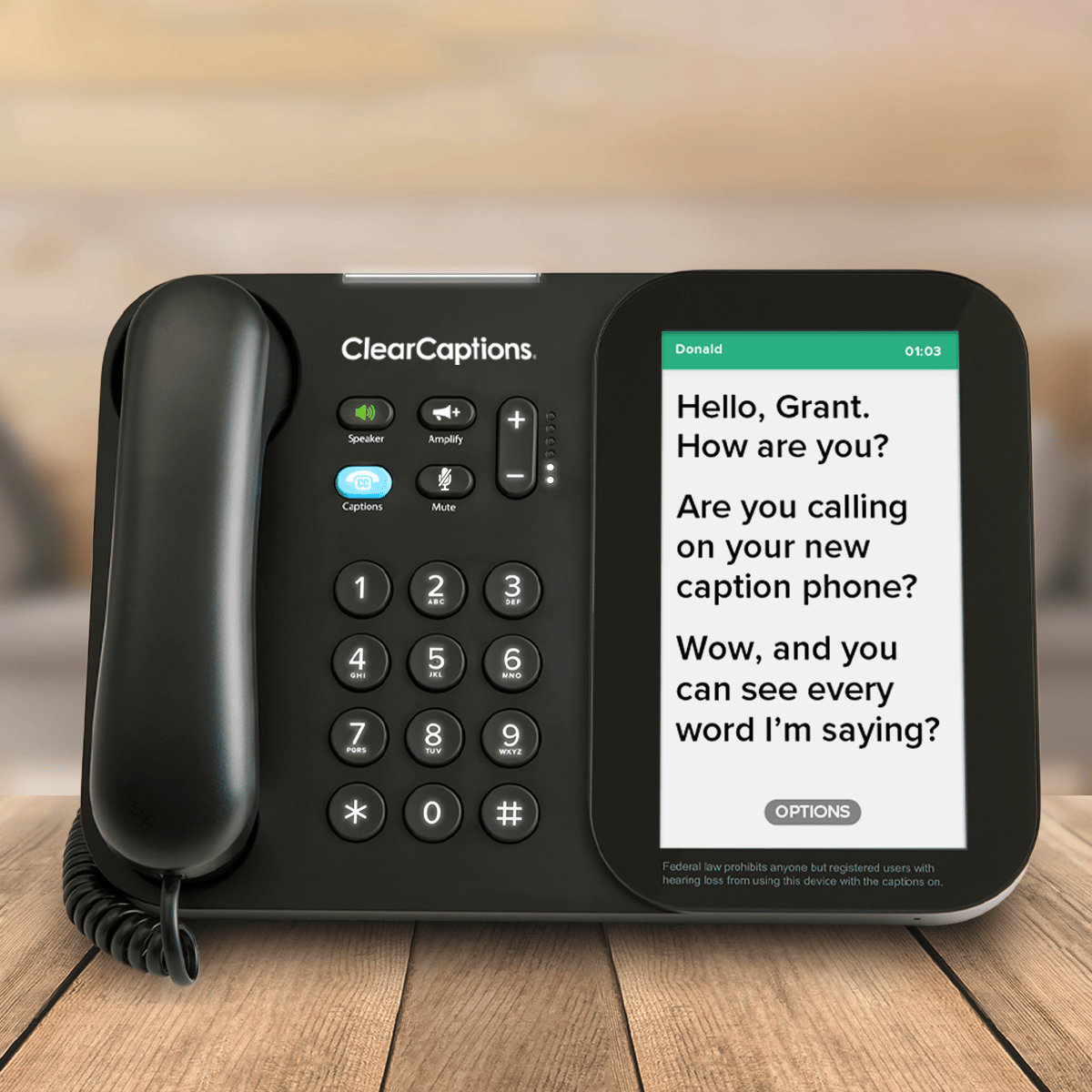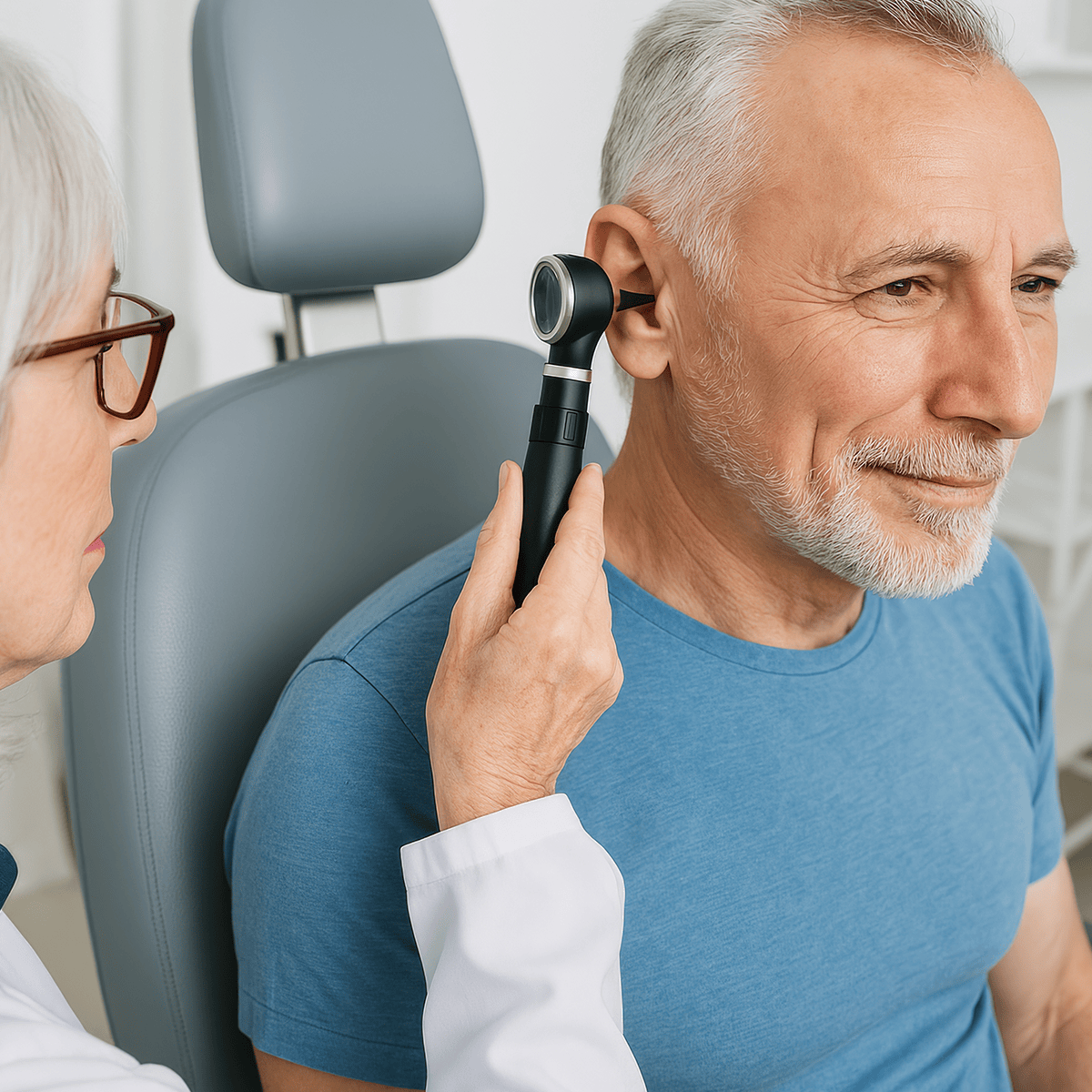Technologies to Improve Everyday Life for Hearing-Impaired Seniors


Technology has changed nearly every aspect of our lives. From computers to smartphones, it’s amazing to witness how much technology can improve our connectivity, safety, and daily experiences.
From captioning services to smart home systems, assistive technologies can make life easier for those experiencing hearing loss. However, we also know that the world of technology can often feel overwhelming and difficult to navigate.
To help you decide if these technologies are right for you, we’ve put together a guide of the top five technologies that can improve the quality of everyday life for someone who is hearing impaired.
Understanding Hearing Loss as We Age
Hearing loss becomes increasingly common among older adults. Hearing loss happens gradually and can make it difficult to hear conversations, enjoy music, or even appreciate the sounds of nature. Knowing why hearing loss occurs can help you find helpful devices that make life easier.
Our ears are small but very complex parts of our bodies. Tiny hair cells inside our ears can become damaged, which makes it hard for us to hear sounds clearly.
Challenges Faced by Seniors with Hearing Impairments
Seniors with hearing impairments often have difficulties in their daily lives. For example, they may struggle to follow conversations with friends and family. This can lead to feelings of frustration or loneliness. Watching television or listening to the radio can also be challenging if they miss parts of the dialogue.
In busy places, like restaurants or shopping malls, hearing can be even harder due to background noise. Missing important sounds, like a doorbell or a phone ringing, can also create safety concerns.
The Importance of Assistive Technology for Hearing Impaired
Luckily, technology can make these challenges easier! Special devices and tools can help you hear better and stay involved in conversations and activities.
Using hearing-impaired devices can help you avoid feelings of loneliness and keep you connected to the world. Being able to hear and communicate well can make you feel happier and improve your quality of life.
The Best Technology for Hearing-Impaired Seniors
There are many types of assistive technologies designed to support seniors with hearing impairments. Let’s explore a few of them:
Hearing Aids and Amplification Devices
Hearing aid technology has improved significantly in recent years. Many audiologists now suggest using Bluetooth-enabled hearing aids because they can easily connect to your smartphone. Some models let you listen to music or audiobooks, and you can even find a lost hearing aid on a map with your phone. Additionally, some models allow your hearing care professional to connect with your hearing aid remotely, making real-time adjustments easier for you.
Assistive Listening Devices (ALDs)
Assistive listening devices, or ALDs, help increase sound quality and volume so you can hear better. Examples of ALDs are remote microphones and personal amplifiers that you can use in one-on-one situations. They can work with a cochlear implant or by themselves.
Smartphone and Mobile Apps
Smartphones are very useful and have many features to help people with hearing loss. Some apps can add captions to conversations, making it easier to understand what is being said. Other apps amplify sounds, which helps when you’re in crowded places. Also, smartphones have helpful features like real-time captioning, flash alerts, and subtitle options.
Captioning and Transcription Technologies
Captioning makes watching television or videos easier than ever. As the person on the screen speaks, their words appear as text at the bottom of the screen. This way, you never miss a word.
You can also benefit from captioning technologies when you use special caption phones, like the ClearCaptions Phone. When using this phone, the words your caller says will appear in near-real-time on a large touchscreen attached to your handset. The best part about these phones is that a federally managed program makes it possible for eligible individuals to receive a ClearCaptions Phone at no cost to them!
Smart Home and Alerting Systems
Other important technologies for hearing-impaired seniors include smart home and alert systems that can greatly enhance safety and convenience. For example, smart doorbells can flash lights instead of ringing, and bed shaker alarms can alert you to critical events like fires or carbon monoxide leaks in your home.
There are also smart home devices that help you lock doors and control lights, making it easier to live independently and securely.
These tools help seniors stay connected, enjoy conversations, and feel safer at home. With all the new technology available for hearing-impaired seniors, you can continue to enjoy life and all the sounds it offers—safely and easily!






